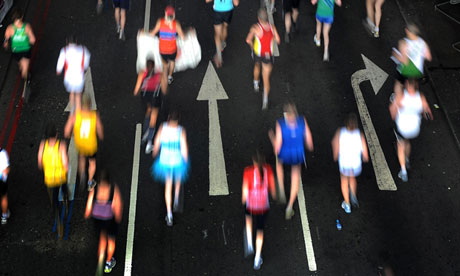Among the difficulties that an athlete has to face is to be ready not to suffer a workout, an opponent or situations that arise during the competition. To suffer means to renounce at own value, entering into a state of mind that complains, feelings of failure and recrimination. An athlete can complain against the coach who proposes exercises that he does not like or because he feels unlucky. Are thousand the reasons to snap to enter in this negative state of mind for a few moments away the responsibility for what happened, because it is the fault of others or bad luck. This satisfaction is short-lived, because soon after the athlete feels dominated by a state of lack of confidence toward himself.
These are precisely the times when you must react. The first thing to do is to be aware that everyone is the owner of his daily actions and no one else. The second concerns the knowledge that the obstacles are the only opportunities to improve and therefore must be sought in order to learn to deal with them. Third, the athlete must rethink the difficulties that he has experienced, knowing how he is dealt with and whether he could do better. Fourth, he needs to think about the next few days, imaging what obstacles might present and planning for more effective action.








